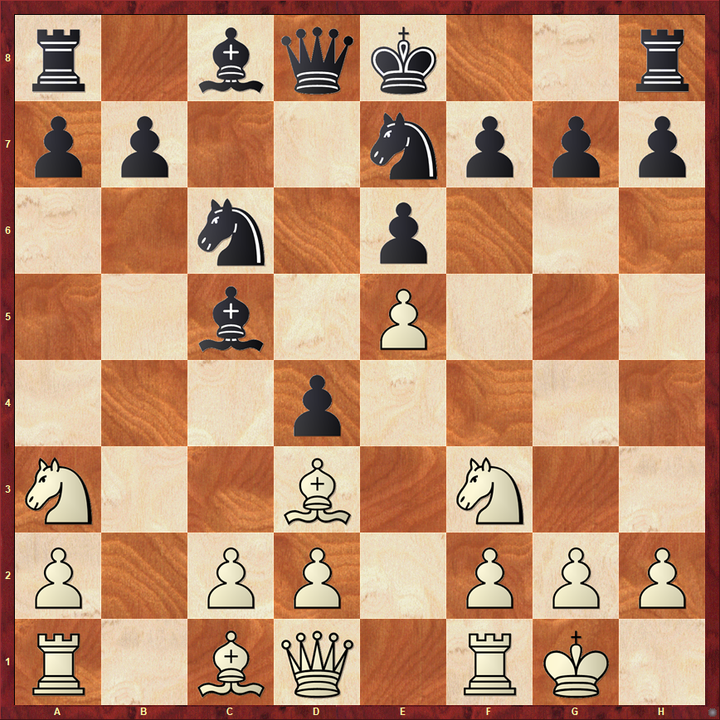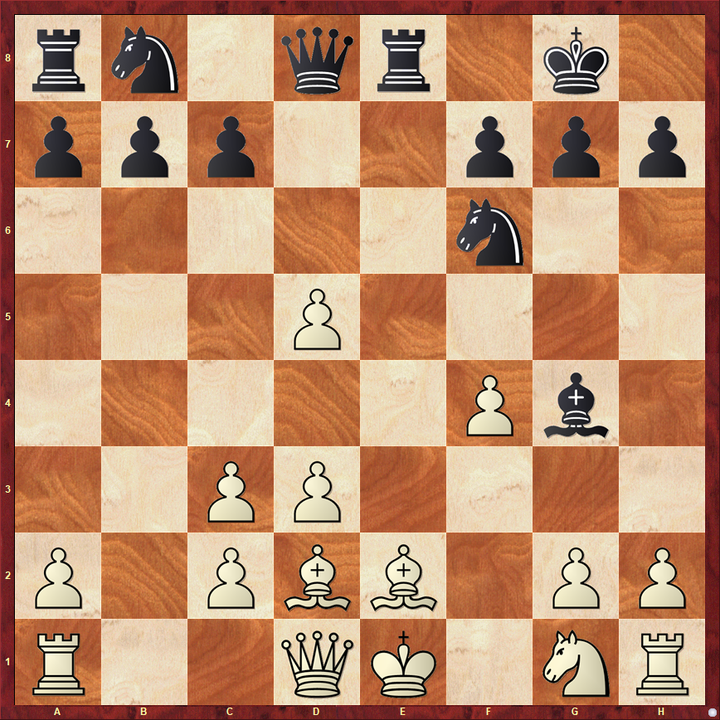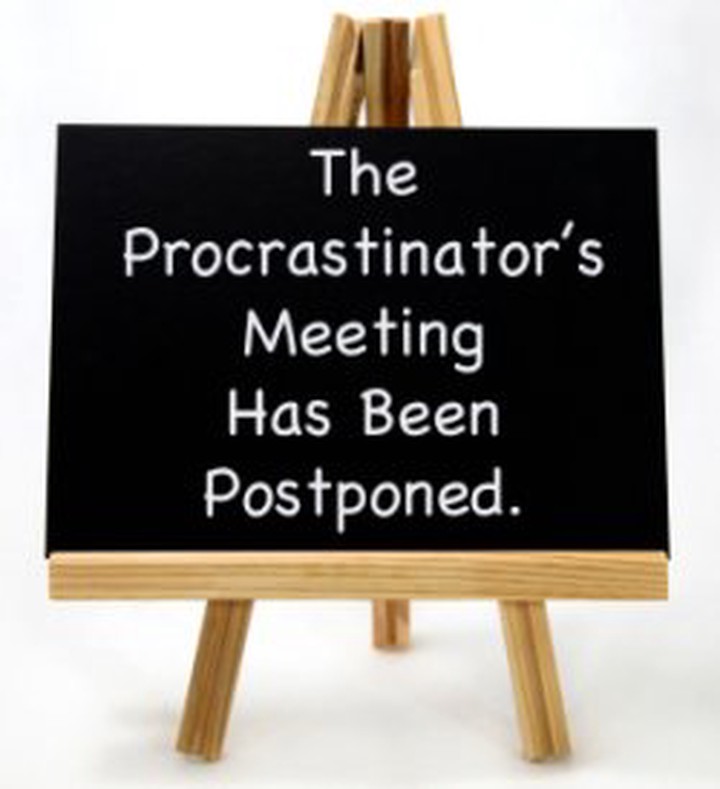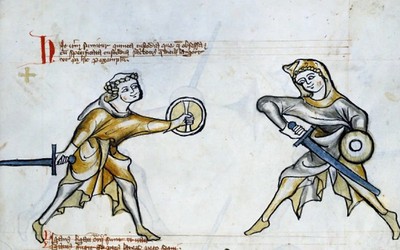
Procrastination in chess decision making
This post is about another common mistake I see a lot as a chess coach. Pretty much all my students do it from time to time, and some of them are especially prone to it; so I thought it might be useful to write about it.Procrastination: to be slow or late about doing something that should be done : to delay doing something until a later time because you do not want to do it, because you are lazy, etc.
Procrastination in chess decision making means the following:
- You have a rather tough decision to make, like giving up material, castling into a possible attack, etc.
- After some thinking, you simply postpone making a decision, and play a “useful” move instead, while you are still completely unsure what your decision will be.
Here is an example from one of my students who is a black belt procrastinator. :)

It is Black to move, and castling right now does not seem very safe, as White can go for the dreaded Greek sacrifice with Bxh7+, or play Qe2-e4 and start a kingside attack. Still, Black has quite a few options to consider:
- Playing 8. ... Ng6 or 8. ... Nd5 (thus defending the g5-square with the queen), and then castle.
- Playing 8. ... h6 to control g5, and then castle.
- Waiting with short castling and try to exchange or chase away the dangerous d3 bishop first by something like 8. ... Bd7 9. Re1 Nb4, and if 10. Be4 then 10. ... Bc6.
- Preparing queenside castling with 8. ... b6 and Bc8-b7, Qd8-d7.
- Pushing 8. ... f5, trying to close the d3-bishop’s diagonal. If White takes en passant, Black will have a strong center in exchange for a weakened kingside.
Some of these ideas are good, some are not so good - but obviously a decision should be made about the placement of the black king, as it cannot stay in the middle of the board forever. Also, the h8-rook must join the game in the near future.
What Black did in the game is a textbook example of procrastination. She could not make up her mind, so she left the matter undecided, and played all the “useful” moves she could find on the queenside, until she ran out of them. Notice her knight moves from move 15 - they clearly show her irresoluteness.
Well, my student managed to escape with a draw, thanks to her opponent. In the next example White was not so lucky, as he was playing against Paul Morphy...

White has a tough decision to make: how to put his king in safety?
- He can play 11. Ng1-f3, accept the doubled pawns after 11. ... Bxf3, and then castle.
- He can get out of the pin on the e-file with 11. Kf2 and go for an artificial castling later.
- He can try the same Kg1-f2 idea after 11. h3 Qxd5!
In all these scenarios, White has to give up something: his healthy kingside pawn structure, his castling rights, or/and the d5-pawn. That is what makes the decision so though.
Of, course, I don’t know what Schulten was thinking during the game, but I strongly suspect that it was a case of procrastination: “Well, I am not sure how to solve the problem of my king, but while I am trying to figure it out, let’s play something useful...”
The result was a complete disaster:
How to avoid that mistake?
You need to analyse your games regularly and spot the moments when you were shying away from a difficult decision.
Also, it is important to be aware of your own feelings during a game. If you find your position unpleasant, be very suspicious about your own brain - don't let it get into some form of wishful thinking! Difficult decisions should be faced as soon as possible in chess.

I hope you enjoyed the post. If you are looking for no-nonsense coaching with a professional coach, feel free to send me a private message here or on hogata11@gmail.com, and we can arrange a non-committal video call to discuss your goals and get to know each other.
More blog posts by HGabor

Typical mistakes Nr 2 - Not picking up forcing moves
This is the second post in a series of the most typical mistakes I encounter as a chess coach. I tho…
Typical mistakes - Defending against unsound attacks
This is the first post in a series of the most typical mistakes I encounter as a chess coach. I thou…